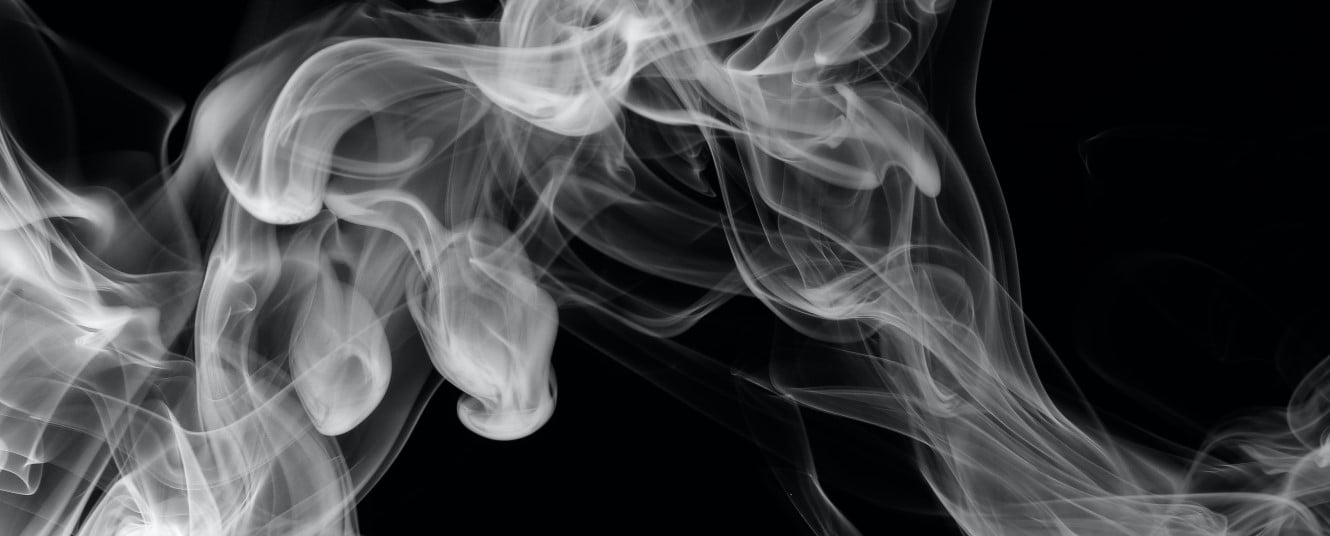E-cigarettes have become increasingly popular in recent years as an alternative to traditional cigarettes. However, as with anything new, there are many questions that need to be answered.
One of them which is frequently being asked is ‘can vaping set off smoke alarms?’
The first thing we want to clarify is that e-cigarettes produce vapour and not smoke, which is often the cause of confusion when it comes to smoke alarms. However, despite not producing smoke, the answer is still "yes," vaping can set off smoke alarms.
In this post we will understand how vaping can set off smoke alarms, why it happens and how we can how we can prevent it, whilst ensuring our safety.
What is vapour?
Vapour is the substance produced by e-cigarettes. It is created when the liquid inside the e-cigarette, known as e-liquid, is heated by the coil inside the tank or pod. Once heated, the liquid turns into a vapour which can be inhaled through the mouthpiece.
It is important to note that the vapour produced by e-cigarettes differ significantly from smoke. E-cigarette vapour does not contain the harmful chemicals that are typically present in cigarette smoke, making it a less harmful alternative.
In contrast, traditional cigarettes produce smoke, which is a byproduct of combustion - this happens when something burns. When tobacco is burned in cigarettes, it produces smoke which contains harmful chemicals and toxins.
Smoke alarms vs heat alarms
Smoke alarms are designed to detect smoke particles in the air, which can indicate a fire. Heat alarms, on the other hand, are triggered by an increase in temperature and are used in areas where smoke alarms may not be suitable, such as kitchens or garages.
While vaping does not produce smoke, it can produce vapour like steam, which some smoke alarms may mistake for smoke. This is more likely to happen if the e-cigarette is used near the smoke alarm or in a small, poorly ventilated room. To reduce the risk of setting off a smoke alarm, it's recommended to vape in a well-ventilated area and avoid blowing the vapor directly towards the smoke alarms.
Smoke detectors
It is crucial to emphasise the importance of having smoke detectors in the home and keeping them in good working condition. Smoke alarms are essential for detecting and alerting occupants to the presence of smoke and fire, giving them valuable time to evacuate the building and call for help.
According to the London Fire Brigade, smoke alarms should be installed on every level of the home, as well as in every bedroom and hallway leading to sleeping areas. It is also important to test smoke alarms regularly and replace batteries as needed to ensure they are functioning properly.
Vaping etiquette
When it comes to vaping in public spaces, it is important to be respectful and mindful of others around you. This means checking with hotels and workplaces before vaping inside, as some establishments may have specific policies regarding e-cigarette use. In general, it is best to be cautious and assume that vaping is not allowed unless explicitly stated otherwise.
Vaping on airplanes
Another important consideration is the use of e-cigarettes on airplanes. Due to the potential for e-cigarettes to set off smoke alarms, many airlines prohibit their use during flights. In fact, the International Civil Aviation Organization (ICAO) has classified e-cigarettes as "dangerous goods" and banned their use on commercial flights. This is not only for the safety of other passengers, but also to avoid causing unnecessary panic or confusion in the event of a false alarm.
While e-cigarettes offer a safer and more cost-effective alternative to traditional tobacco products, it is important to use them responsibly and be aware of their potential impact on the world around you.
This includes ensuring smoke detectors are functioning properly, being mindful of others when vaping in public spaces, and even avoiding e-cigarettes when travelling on airplanes. By following these guidelines, we can help ensure e-cigarette use remains a safe and enjoyable experience for everyone.
Sources
icao.int 15/06/2015


























